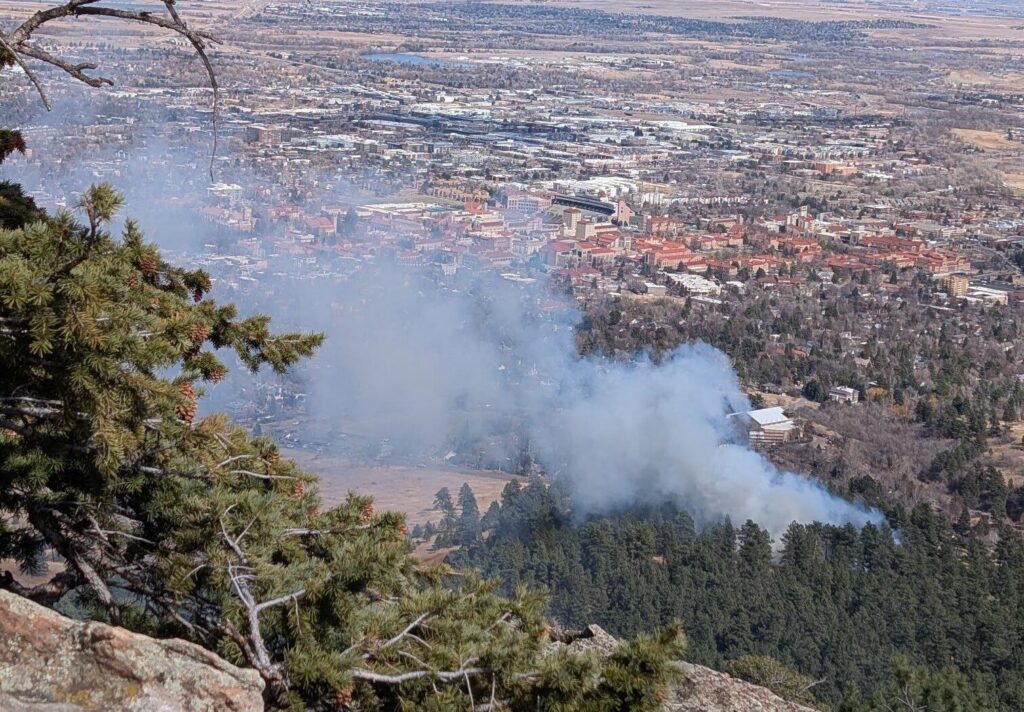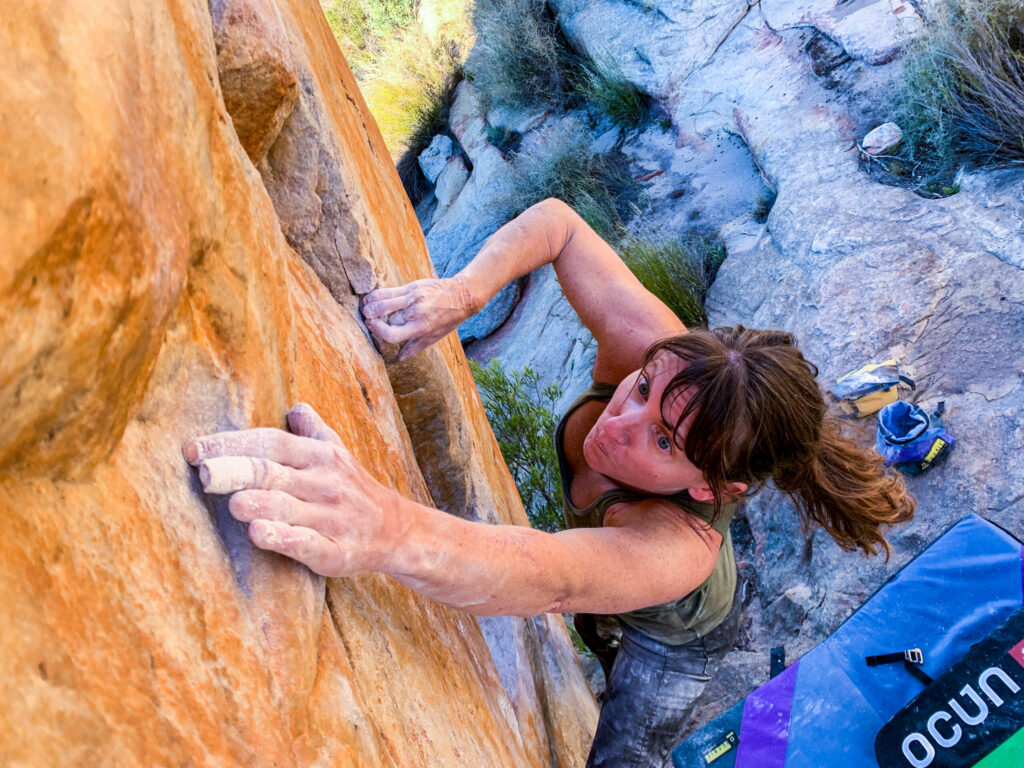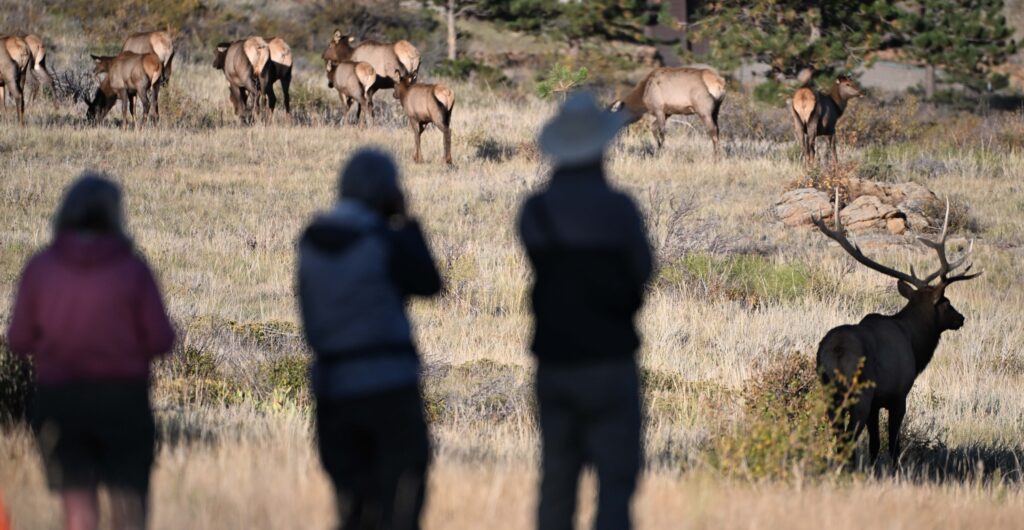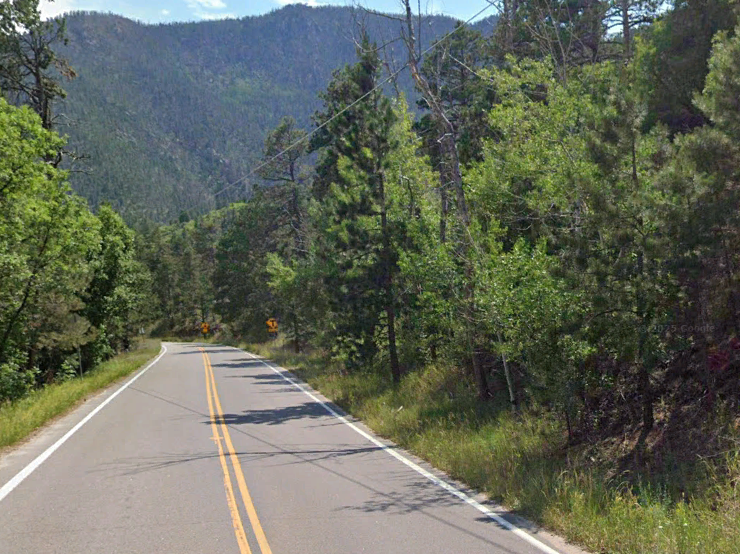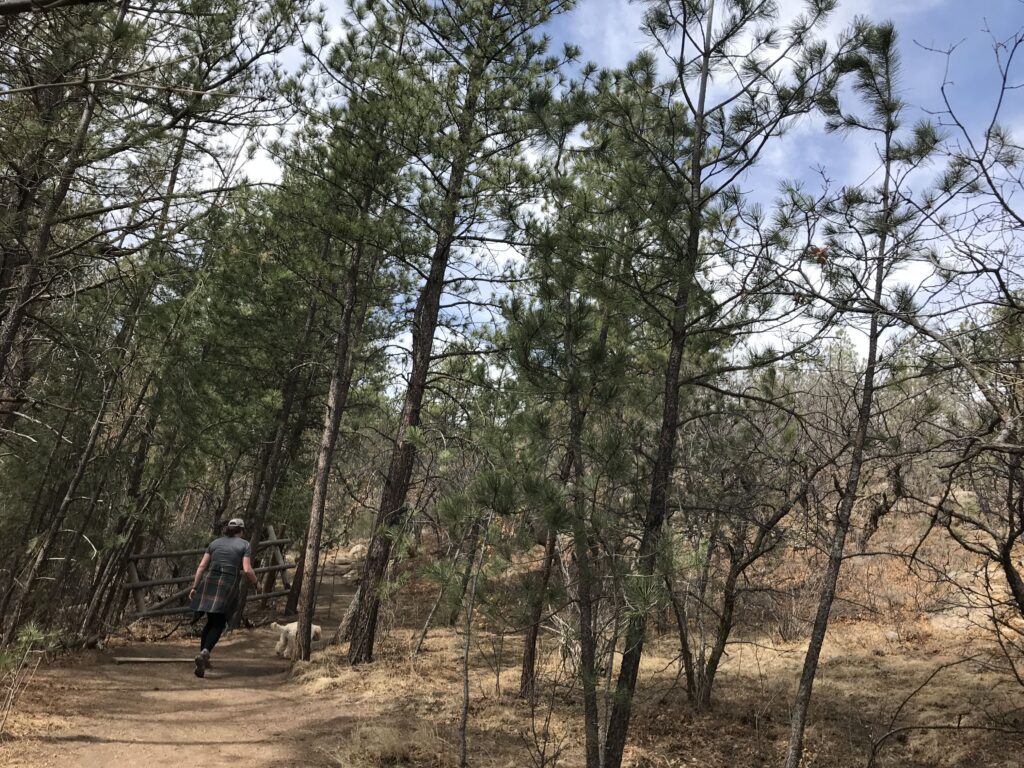Rock climbers in Colorado and beyond celebrate shift away from wilderness scrutiny
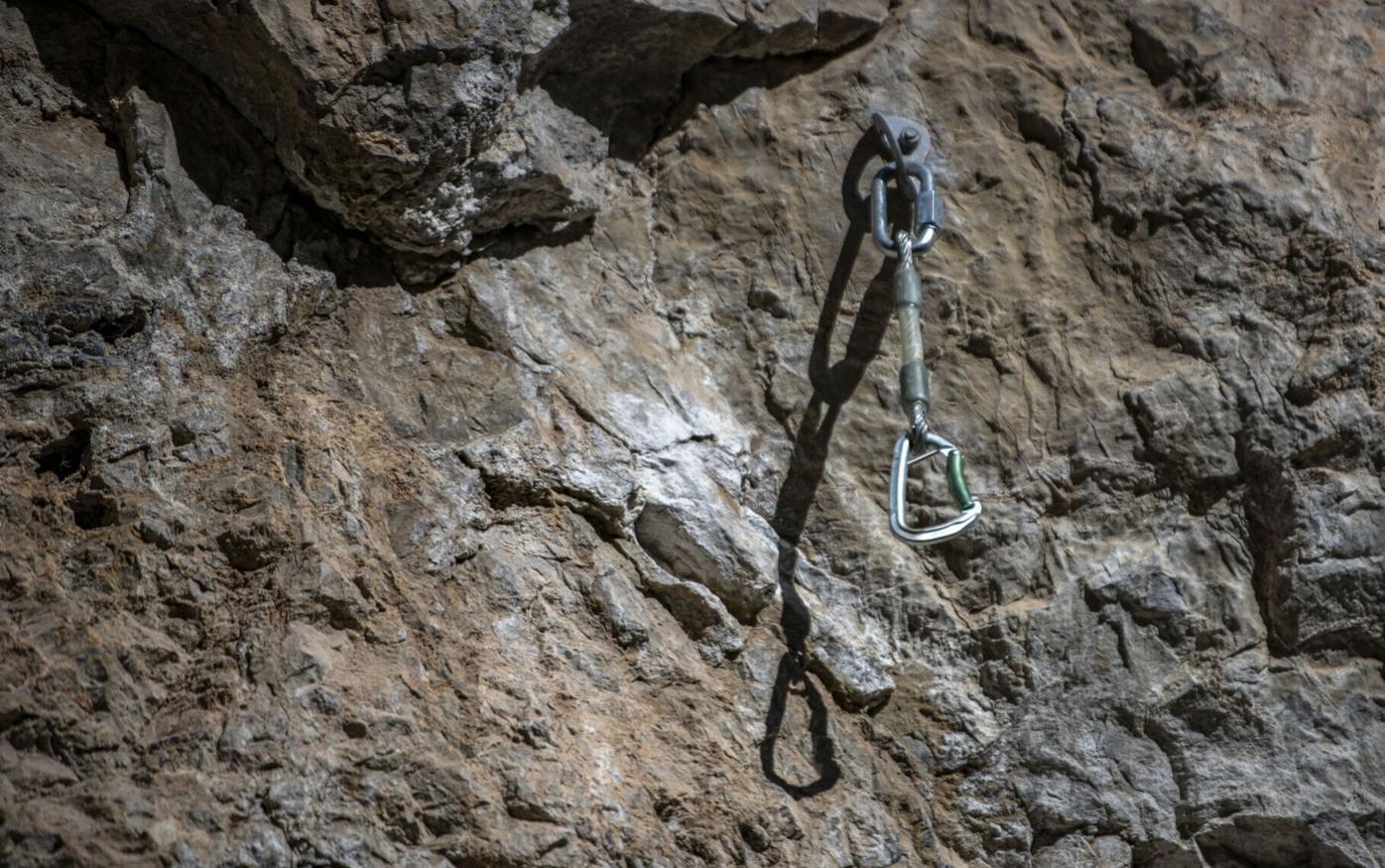
Gabi Broekema, the gazette
Rock climbers in Colorado and beyond are marking a victory in what’s been called “a war on wilderness climbing.”
That’s how Boulder-based Access Fund described the situation in early 2023, around the time the National Park Service and U.S. Forest Service proposed a new policy regarding fixed anchors on crags across federal lands. Fixed anchors — such as drilled-in bolts and pitons that climbers clip into for safely moving up and down on rope — came to be viewed as “permanent installations” banned by the 1964 Wilderness Act.
Decades-old gear should be reviewed for potential removal, the proposed policy suggested. Climbers saw tens of thousands of routes in jeopardy across Rocky Mountain and Black Canyon of the Gunnison national parks, to name but two places in Colorado, and elsewhere to the iconic likes of El Capitan, Zion National Park and the North Cascades.
Long-anticipated master plans approved for 2 Colorado Springs area parks
Now the National Park Service has pulled the proposal. The move came earlier this month as Congress passed the Protecting America’s Rock Climbing Act, which aims to honor the gear in wilderness areas.
“Protecting sustainable wilderness climbing access also protects America’s climbing legacy and the sense of awe that calls us to these amazing places,” Access Fund Deputy Director Erik Murdock said in a statement celebrating the act.
The legislation was packaged with the Connect Our Parks Act to form the EXPLORE Act. Colorado U.S. Sen. John Hickenlooper praised the bill in a statement: “We’re making it easier for our outdoor rec businesses and outfitters to thrive while improving access to our public lands.”
But some wilderness advocates remain in opposition.
Tinsel tantrum: Ornament ban provokes controversy at top of Manitou Incline
Several groups previously signed a letter in response to the Protecting America’s Rock Climbing Act: “Installations, including metal anchors like bolts, degrade wilderness character through lasting signs of human development and by attracting and concentrating use in sensitive landscapes.”
The Protecting America’s Rock Climbing Act and Connect Our Parks Act were “anti-wilderness,” read a statement from Montana-based Wilderness Watch. The statement criticized the bundled EXPLORE Act as offering a “backdoor” for Wilderness Act-banned commercialism and introducing also-banned structures necessary for cell coverage.
Wilderness Watch added: “If this bill would become law, it would effectively amend the Wilderness Act for a subgroup of recreationists — inviting other user groups like mountain bikers and hobby airplane pilots to do the same.”
While the EXPLORE Act headed to the president’s desk and the National Park Service shifted away from the previously proposed policy on fixed anchors, the Forest Service had yet to announce such a shift as of this writing.









